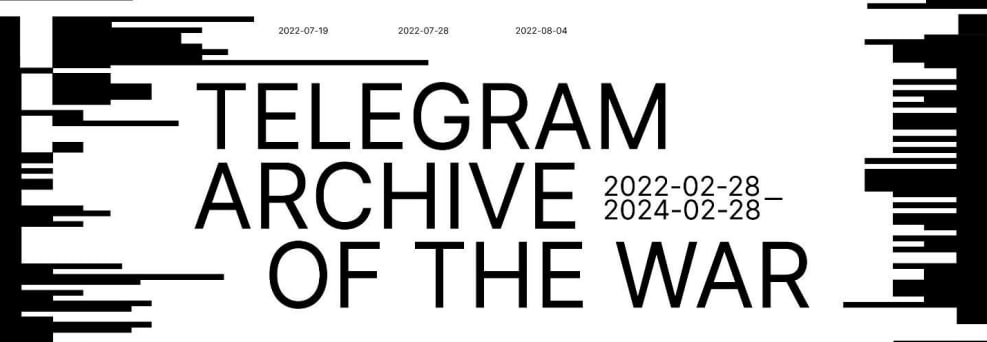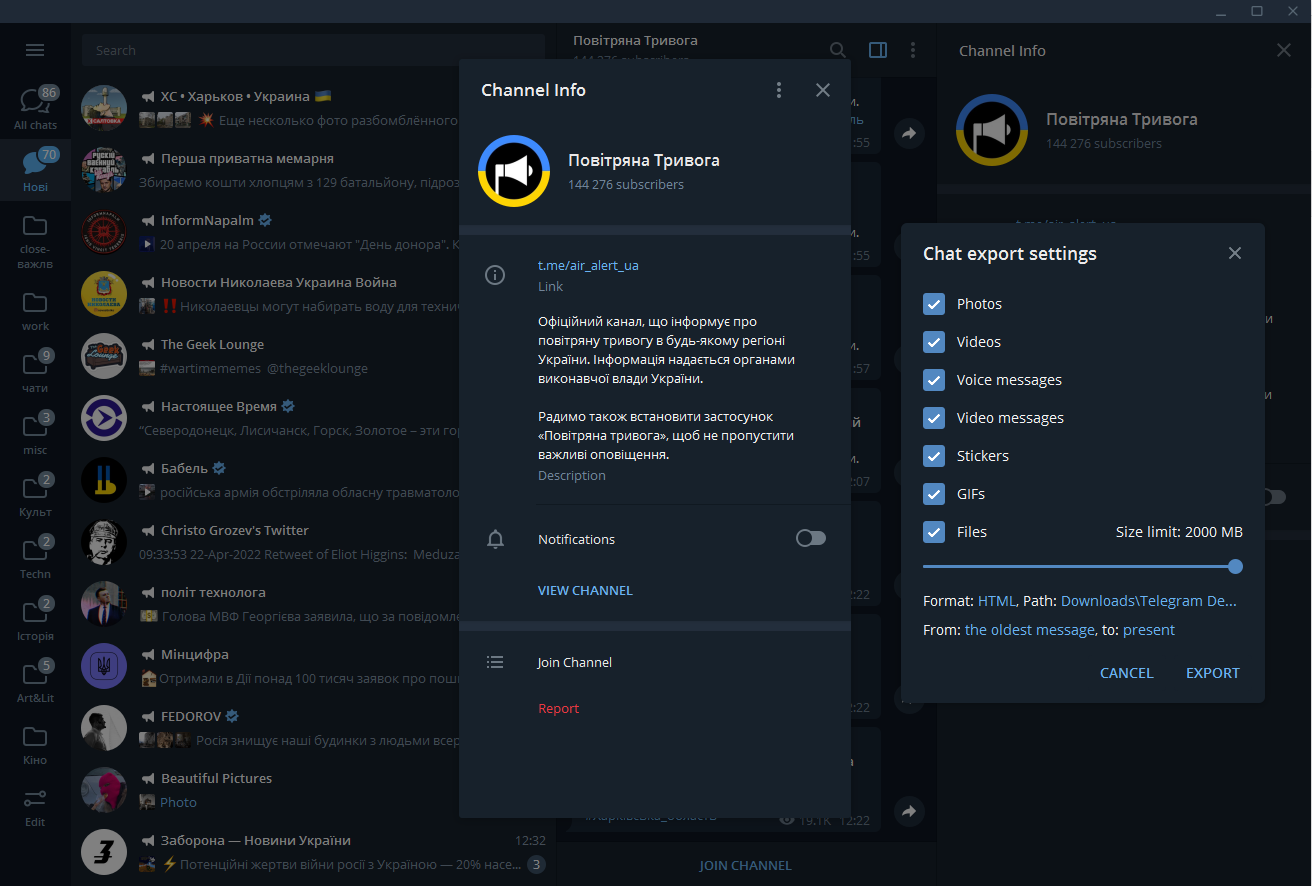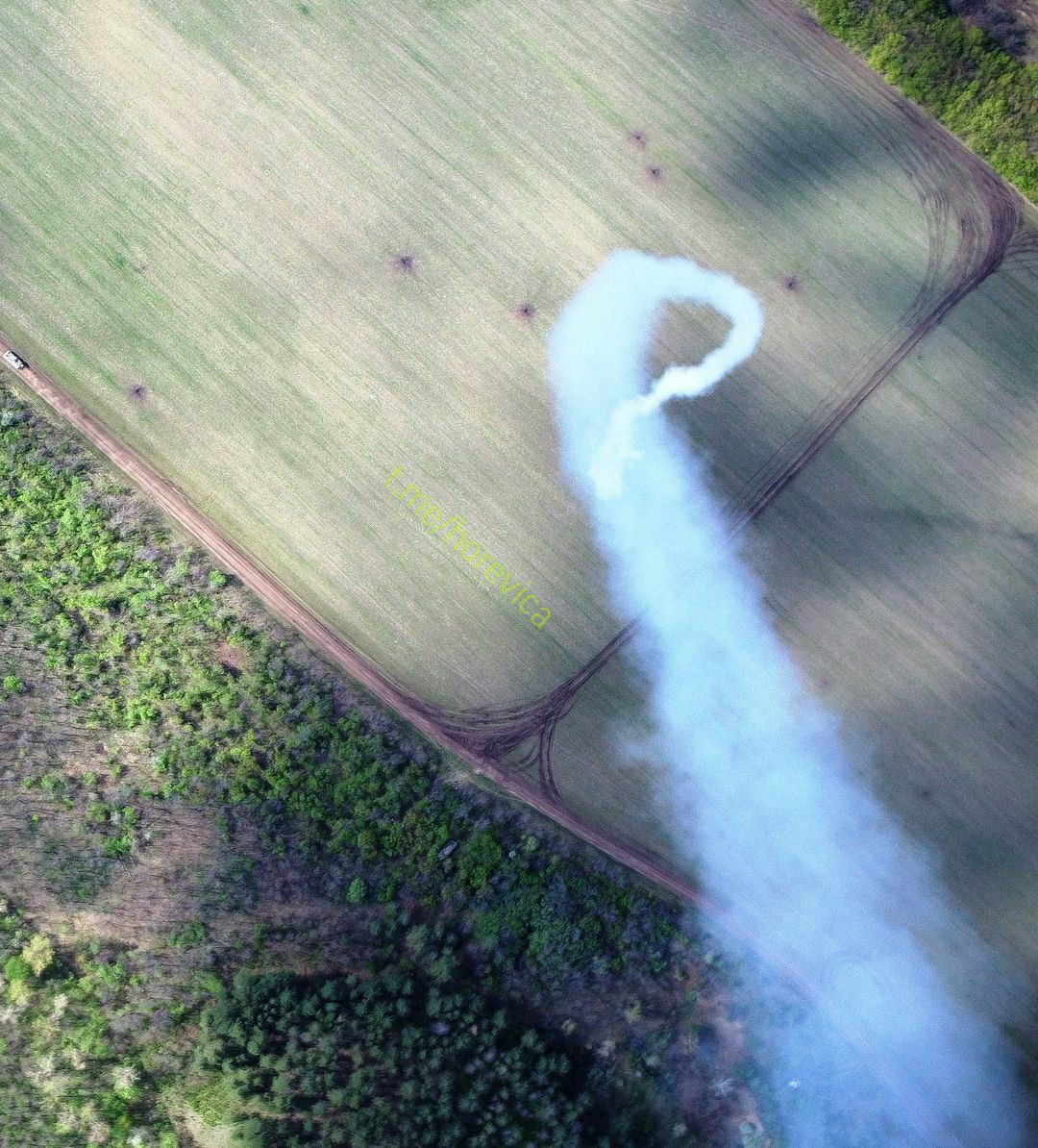An Archivist Joins The Chat: How Social Media Archives Are Created and What Is Possible When Researching Them
Taras Nazaruk
Center for Urban History5.12.2024, 16:00
Library of Center for Urban History
We invite you to an urban seminar with Taras Nazaruk, during which the researcher will summarize the work on creating the Telegram Archive of the War and present a draft of his dissertation research on the formats of access and work with social media archives.
With the beginning of the Russian full-scale invasion, the Center for Urban History began archiving open data on the experiences of war through the prism of Telegram, one of the most popular social media platforms in Ukraine. The key goal was to preserve materials of digital origin, which are, on the one hand, ephemeral and vulnerable by nature, and, on the other hand, will be key sources for further research on the experiences of war. What started as an emergency initiative without social media archiving skills has turned into an archive of 2711 channels and chats with a total volume of 28 TB of data, distributed across 37 thematic collections.
Given the lack of established methodology or legal norms, as well as the discussion about the archival paradigm shift (Cook, 2013), archiving social media as part of cultural heritage is in a kind of "gray" area and faces a number of ethical, methodological and legal challenges. Are such archives possible outside archival institutions? How to collect and store data, and who owns it? How to make such sources accessible to researchers, and most importantly, how to take into account the responsibility to users and communities where these sources come from?
Durind the seminar Taras Nazaruk will talk about the current architecture of long-term preservation of the Telegram Archive of the War and the first experiments with access formats that underlie his dissertation research on social media as archival sources.

Taras Nazaruk
Центр міської історіїResearcher, head of Digital History projects at the Center for Urban History. Since August 2016 till July 2024 was coordinating the project “Lviv Interactive“. In 2022, created and headed the “Telegram Archive of the War” documentation project, which is also the subject of his dissertation research at the University of Hagen.
This seminar will be held in a workshop format. Researchers are invited to discuss scholarly projects, research at various stages of development, and completed research that is being prepared for publication.
Participation in the city seminar requires preliminary reading and discussion of the researcher's text. If you would like to join the seminar, please email Maryana Mazurak ([email protected]), and we will send you the materials in advance.
Credits
Cover Image: a fragment of the cover of the biannual report of the Telegram War Archive project


